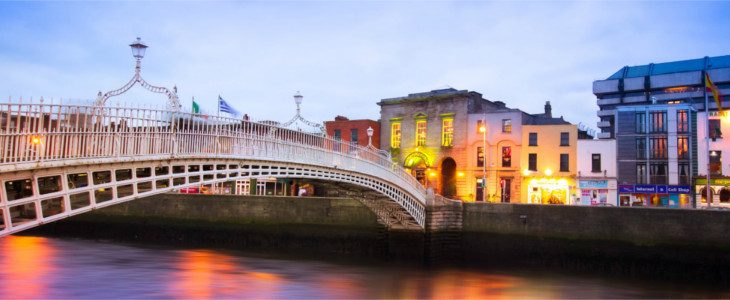Benefits for Tax Haven Countries
Countries restructure and redesign their tax system to become a tax haven for two main reasons – jobs and money.
Some Countries may offer a lower tax rate to large corporations, in exchange for the companies locating a division of their parent company in the host country and employing some of the local population. Apple, for example, has a special tax agreement with Ireland which reduces their effective tax rate to only 0.05%. In 2011, Apple recorded profits of €16 billion in Ireland, but under the terms of the tax ruling only €50 million was considered taxable in Ireland. Ireland benefits though as Apple is the largest employer in the country (over 6,000 employees), and is the country’s biggest taxpayer (employee PAYE taxes and VAT).
Although many tax havens impose no corporate income taxes, they financially benefit from having thousands of companies registered in their jurisdiction. Income is generated from a combination of registration fees on all newly incorporated business entities, annual renewal fees, and licence fees payable by service providers (banks, solicitors, accountants, and trust companies). These fees can be a substantial source of government revenue. British Virgin Islands for example, has over 1 million registered companies, and collects over $200 million fees each year.
Other tax havens raise substantial tax revenue from their low corporate tax rates. Receiving 5, 10, or 15% of substantial amounts of taxable income raises more revenue than 35% of nothing. Although the US has a company tax rate of 35%, Apple is structured so that the majority of its annual US$60 billion profits are taxed overseas. This reduces their tax rate to only 17% and the actual tax paid in the US to US$8 billion (an effective tax rate of 13%). Singapore has a low corporate tax rate of 17% but raised a substantial S$13.8 billion in company taxes in 2016. In addition, the companies attracted by Singapore’s low corporate tax rate paid another S$20 billion in goods and services tax, stamp duty, and property taxes.
"You’d be stupid not to try to cut your tax bill and those that don’t are stupid in business"
- Bono: U2





